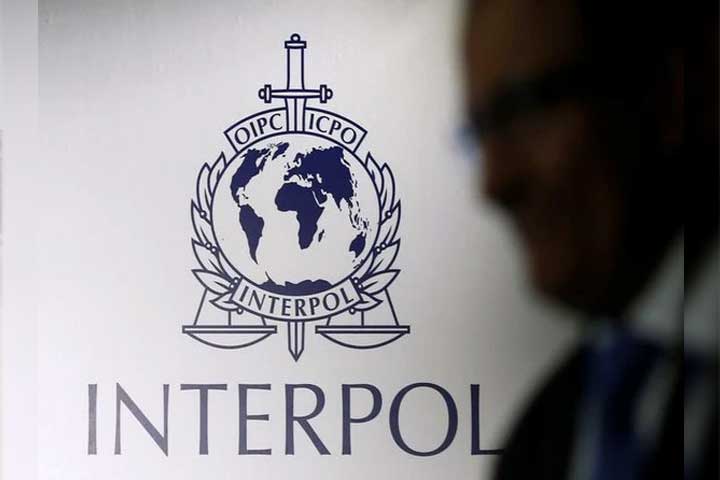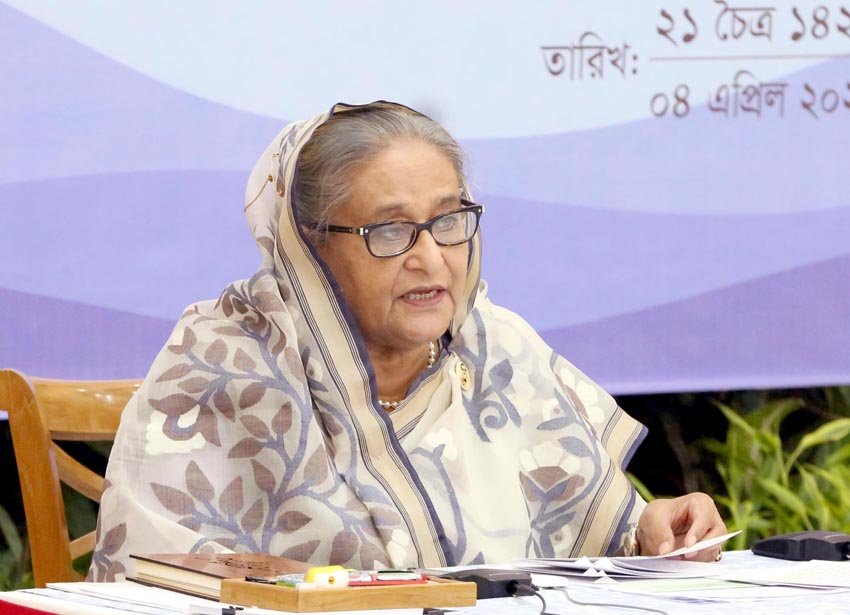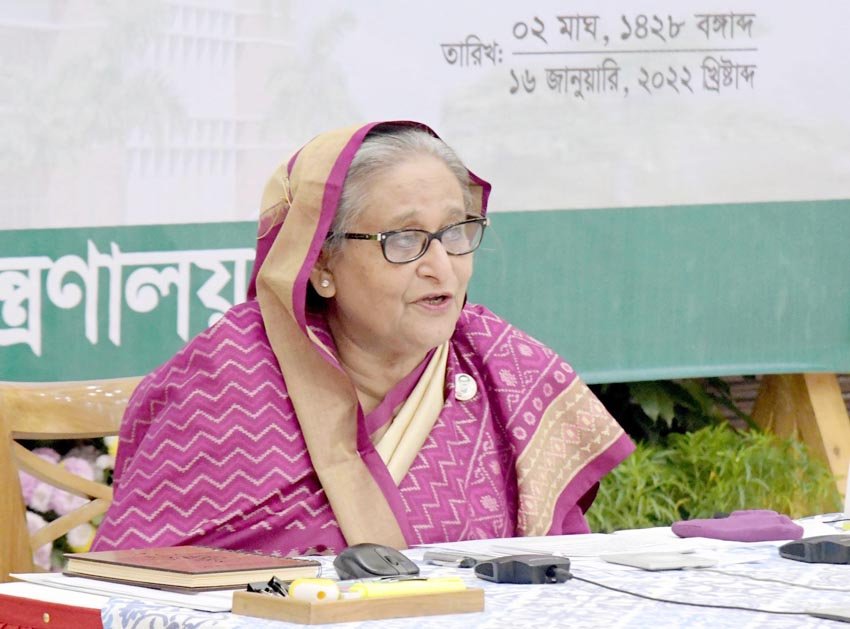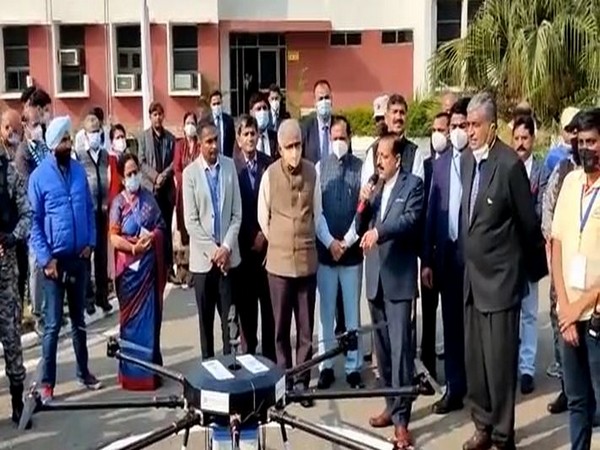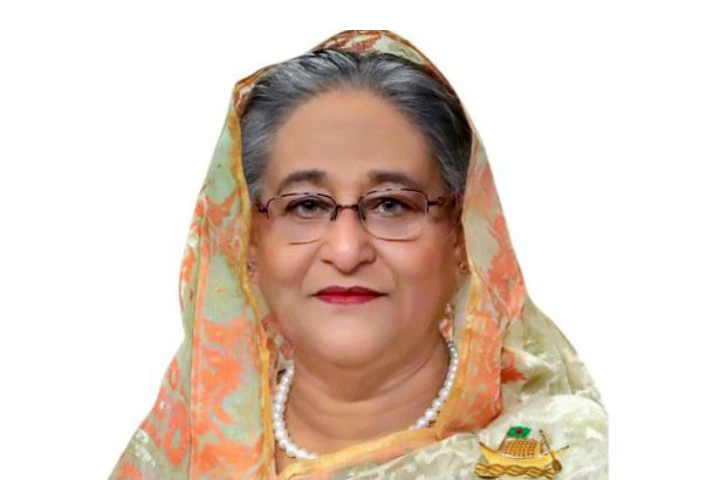PM calls for united efforts for building inclusive UN based on cooperation
Prime Minister Sheikh Hasina has called for uniting the efforts of all to build a more robust and inclusive United Nations (UN) based on mutual respect, partnership, cooperation, and solidarity.
"On this auspicious occasion, let us unite our efforts to build a more robust and inclusive United Nations (UN) based on mutual respect, partnership, cooperation, and solidarity. Let the United Nations be our beacon of hope. On this historic year when the country is celebrating the golden jubilee of its Independence and the Birth Centenary of the Father of the Nation Bangabandhu Sheikh Mujibur Rahman, Bangladesh commits to doing its part in shaping together the future of our peoples and creating a blueprint for a better future," she said.
The premier said this in a separate message issued today (Oct 23) on the occasion of the UN’s 76th founding anniversary.
She added that on the auspicious occasion of the 76the anniversary of the United Nations, Bangladesh joins the international community in reiterating its unwavering commitment to the purposes and Principles of the United Nations Charter.
Over the last 76 years, the United Nations has championed human progress on many fronts, including peace and security, human rights, decolonization, women empowerment, sustainable development and so on, she said.
"However, in many parts of the world, we see people are struggling to establish their fundamental rights. The rightful strife of the Palestinian people and decades' long persecution of Rohingyas in Myanmar are few examples," she added.
Moreover, when there are so many unresolved issues and challenges such as climate change, disarmament, terrorism, ethnic and religious intolerance, the world has encountered an invisible, deadly pandemic ravaging the lives and livelihoods with millions of deaths for the last two years, she said, adding that in this context, the timeless values of the UN Charter to ''unite our strength'' for serving ''we the peoples'' have become more relevant than ever before.
Bangladesh's engagement with the United Nations is shaped by the vision of our Father of the Nation Bangabandhu Sheikh Mujibur Rahman, she said.
His (Bangabandhu's) powerful proclamation ''that the Bengali nation fully commits itself to the building of a world order, where the aspiration of all men for peace and justice will be realized'' serves as a guiding principle for the people, she added.
"Inspired by his ideals, we have been partnering with the UN as a strong promoter of global peace, an active contributor to international development, and a faithful upholder of universal values," Sheikh Hasina continued.
She further said that a leading proponent of the ''Culture of Peace,'' today, Bangladesh has become a brand name in the UN peacekeeping operations.
"Our stellar Performances in implementing the SDGs, ensuring food security, empowering women, scaling up the people-centric development initiatives, and endorsing innovative solutions for steady growth are well recognized," she said.
"As a result, despite the onslaughts of the COVID-19 pandemic, we are right on track to become a middle-income country by 2021, a developed country by 2041, and a prosperous Delta by 2100," the premier added.
Source: BSS
AH
23 Oct 2021,20:56




















 Live Tv
Live Tv

